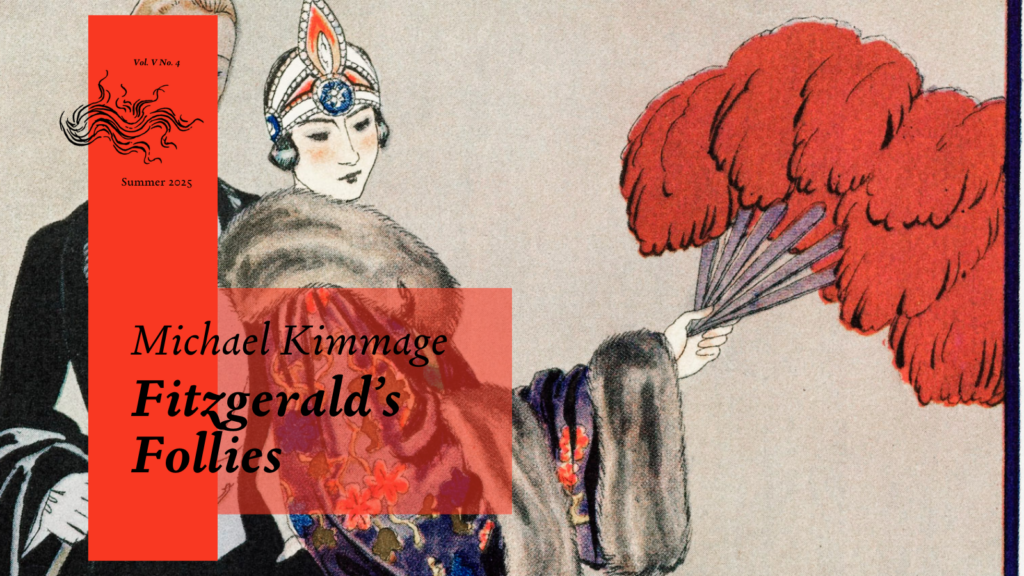Genius and Folly: F. Scott Fitzgerald and The Great Gatsby

This essay explores Erasmus's praise of folly in *The Praise of Folly* and connects it to F. Scott Fitzgerald and his work, *The Great Gatsby*. Erasmus argues that folly isn't worthless; it fosters art and love, while wisdom isn't always noble. Fitzgerald's life was full of successes and failures, brilliance and ruin. He squandered his talent on fleeting fame and superficiality, ultimately unable to escape folly's grasp. Gatsby embodies this folly, chasing dreams while lost in illusory prosperity and romance. The essay argues that Fitzgerald wasn't lacking wisdom, but rather intertwined folly and wisdom to create uniquely compelling literature.

